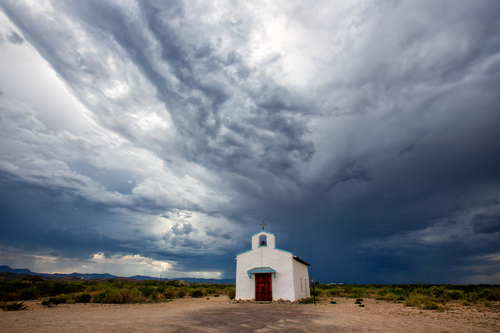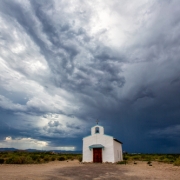La iglesia perfecta
Haz clic aquí para un libro electrónico en inglés por Inga-Lill Guzik
Light, Peace, and Hope for Your Christmas
Perseveraban unánimes cada día en el Templo, y partiendo el pan en las casas comían juntos con alegría y sencillez de corazón, alabando a Dios y teniendo favor con todo el pueblo. Y el Señor añadía cada día a la iglesia los que habían de ser salvos. (Hechos 2:46-47)
En estos dos últimos versículos de Hechos 2, vemos la salud y la vitalidad de la iglesia primitiva. Nunca queremos sobre-romantizar a esos primeros cristianos, pero había algo innegablemente especial acerca de lo que se describe en Hechos 2.

– Era una iglesia unificada, perseveraban unánimes cada día.
– Era una iglesia de aprendizaje, conectada, reuniéndose cada día … en el Templo.
– Era una iglesia que honraba a Jesús, partiendo el pan, recordaban juntos la muerte de Jesús en la cruz.
– Era una iglesia conectada a la vida en casa, juntándose en las casas de cada uno.
– Era una iglesia que alegremente comían juntos, comían juntos con alegría.
– Era una iglesia que no se tomaba demasiado en serio, viviendo con sencillez de corazón.
– Era una iglesia que alababa, alabando a Dios.
– Era una iglesia que atraía a otros, teniendo favor con todo el pueblo.
– Era una iglesia bendecida y en crecimiento, el Señor añadía cada día a la iglesia.
– Era una iglesia llena de la salvación de Dios, creciendo con los que habían de ser salvos.
No era la iglesia perfecta. Pronto veremos que surgen problemas en el libro de Hechos. Sin embargo, era algo especial. Algo que cada cristiano hoy en día lee y anhela experimentar, aunque sólo sea por un período.
Si has tenido una experiencia maravillosa en la iglesia como esta, alabado sea Dios por ello. No siempre es así de buena nuestra experiencia, pero hay tiempos de avance y vitalidad entre el pueblo de Dios.
¿Será que hay algo que podamos hacer para que suceda? Los tiempos de tan maravillosa vida y progreso son obra de la mano de Dios y son ordenados por Su sabiduría. No son fabricados por nuestro trabajo duro o técnicas inteligentes. Sin embargo, si anhelamos esos tiempos, hay dos áreas definidas que abordar. La primera es la oración. Si esos tiempos vienen del cielo, entonces le pedimos a Dios que envíe el verdadero renacimiento, y le pedimos que comience con nosotros. La segunda es simplemente, lo mejor que podamos, mientras Dios nos ayuda, hacer las cosas de Hechos 2:42-45:
Y perseveraban en la doctrina de los apóstoles, en la comunión unos con otros, en el partimiento del pan y en las oraciones. Sobrevino temor a toda persona, y muchas maravillas y señales eran hechas por los apóstoles. Todos los que habían creído estaban juntos y tenían en común todas las cosas: vendían sus propiedades y sus bienes y lo repartían a todos según la necesidad de cada uno.
Fueron estos discípulos fieles y enérgicos los que vieron la vida maravillosa de Hechos 2:46-47. 2 Timoteo 4:2 dice que debemos obrar para Dios “a tiempo y fuera de tiempo”. Seremos fieles pase lo que pase, pero no hay duda: a tiempo se siente mejor. ¡Que Dios lleve a nuestras iglesias a las temporadas como en Hechos 2:46-47!
Haz clic aquí para hacer una donación de fin de año para Enduring Word



